Every time I re-read the essay, I'm reminded of an anecdote about the composition of "Hey Jude" I first heard in the Beatles Anthology miniseries, from the 90s. The song was written by Paul McCartney for Julian Lennon, John's son, as a kind of comfort for the boy as his parents divorced. Here's the Wikipedia summary of what happened when Paul, who had a few "nonsense" lyrics as placeholders till he could revise them, first presented the near-finished song to John:
When McCartney introduced Lennon to his new composition, he came to "the movement you need is on your shoulder" and told Lennon "I'll fix that bit." Lennon asked why, and McCartney answered "it's a stupid expression; it sounds like a parrot." Lennon parried with "You won't, you know. That's the best line in the song." McCartney thus left the line in and later said: "when I play that song, that's the line when I think of John, and sometimes I get a little emotional during that moment."There's a lot that could be said about this--about, say, the metaphorical "rightness" of the "wrong" phrase--but what stands out to me is that this action, this preservation of the lyric, occurs because Paul showed the song to John--i.e., out of a collaborative process. Even if that process was a shadow of what it had been at the beginning of the Beatles' career. As Paul, I think, somewhere said, when he wrote Beatles songs, even on his own, he always imagined what John would say about it.





















































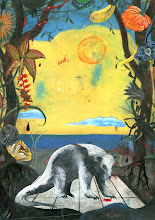













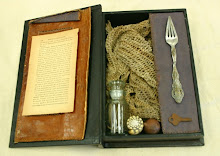
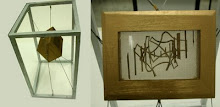
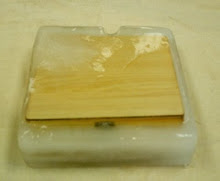

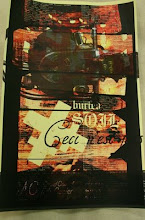
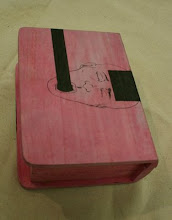
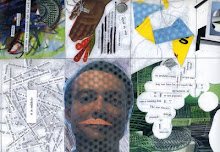
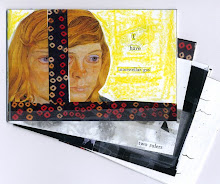
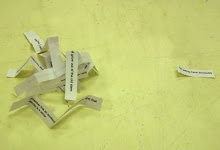
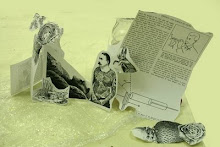

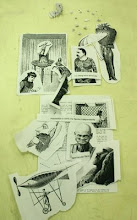
No comments:
Post a Comment